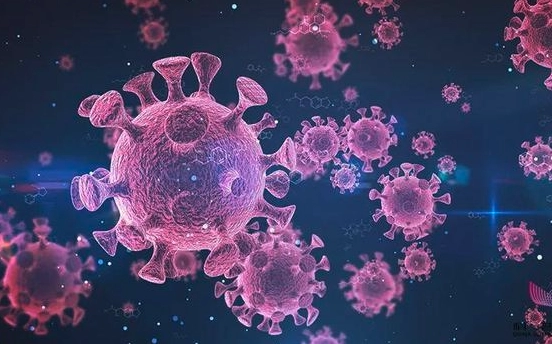The Long-Term Effects of COVID-19 on Human Health
Since the emergence of the coronavirus disease 2019 (COVID-19) pandemic in late 2019, millions of people worldwide have been infected with the SARS-CoV-2 virus that causes the illness. While many recover from COVID-19 without major complications, there is growing concern about the potential long-term effects of the disease on various organ systems, including the lungs, heart, brain, and immune system. In this article, we will explore some of the known and possible long-term effects of COVID-19 on human health, and how they might impact individuals, healthcare, and society as a whole.

Part 1: Respiratory System
One of the primary targets of COVID-19 is the respiratory system, particularly the lungs. In severe cases, the virus can cause acute respiratory distress syndrome (ARDS), which impairs the ability of the lungs to exchange oxygen and carbon dioxide. However, even mild or moderate cases of COVID-19 can leave lasting damage in the lungs, such as fibrosis, scarring, and reduced lung function. These effects may increase the risk of developing chronic obstructive pulmonary disease (COPD), pulmonary hypertension, or other respiratory disorders. Studies have also suggested that COVID-19 may affect the cilia and epithelial cells in the airway, leading to impaired mucociliary clearance and increased susceptibility to bacterial or fungal infections.
Part 2: Cardiovascular System
Recent evidence has shown that COVID-19 may have significant impacts on the cardiovascular system, especially in patients with pre-existing cardiovascular conditions. The virus can cause inflammation of the heart muscle (myocarditis), irregular heart rhythm (arrhythmia), blood clots (thrombosis), and damage to the inner lining of blood vessels (endothelial dysfunction). These effects may increase the risk of heart attack, stroke, or heart failure, and may persist even after the acute phase of the disease has resolved. Moreover, COVID-19-related stress and anxiety may also contribute to the development or exacerbation of cardiovascular conditions, as well as other mental health issues.
Part 3: Immune System and Other Effects
Apart from the respiratory and cardiovascular impacts, COVID-19 may also affect the immune system and other organs or tissues in the body. For instance, the virus can trigger an overactive immune response, leading to a cytokine storm and widespread inflammation that damages multiple organs. This phenomenon, known as “long COVID” or post-acute sequelae of SARS-CoV-2 infection (PASC), may cause persistent fatigue, muscle weakness, brain fog, headaches, joint pain, and other symptoms that can last for several months or even longer. COVID-19 may also cause renal impairment, gastrointestinal symptoms, dermatological manifestations, and other complications that require further investigation.
Conclusion: Implications and Recommendations
Given the potential long-term effects of COVID-19 on human health, it is crucial to raise awareness and support research on this topic. Healthcare providers need to monitor and manage patients with COVID-19 not only during the acute phase of the disease but also in the follow-up period, especially those who had severe or critical illness. Policy makers and funders should prioritize and allocate resources for long-term care and rehabilitation programs for COVID-19 survivors, as well as for preventive measures that can reduce the burden of COVID-19 on public health. Individuals should also take proactive steps to protect themselves and others from COVID-19 transmission, such as vaccination, wearing masks, maintaining physical distancing, and seeking medical help when needed.
Keywords: long-term effects of COVID-19, respiratory system, cardiovascular system, immune system, long COVID, PASC.





